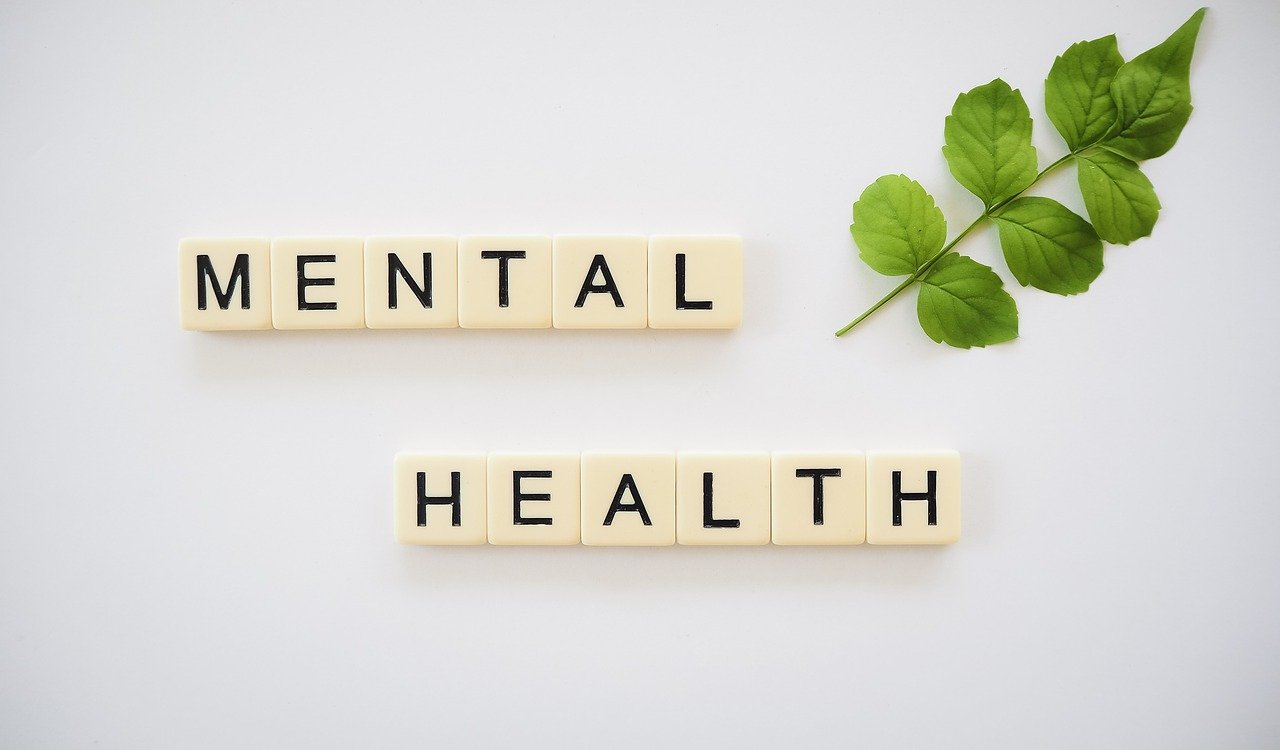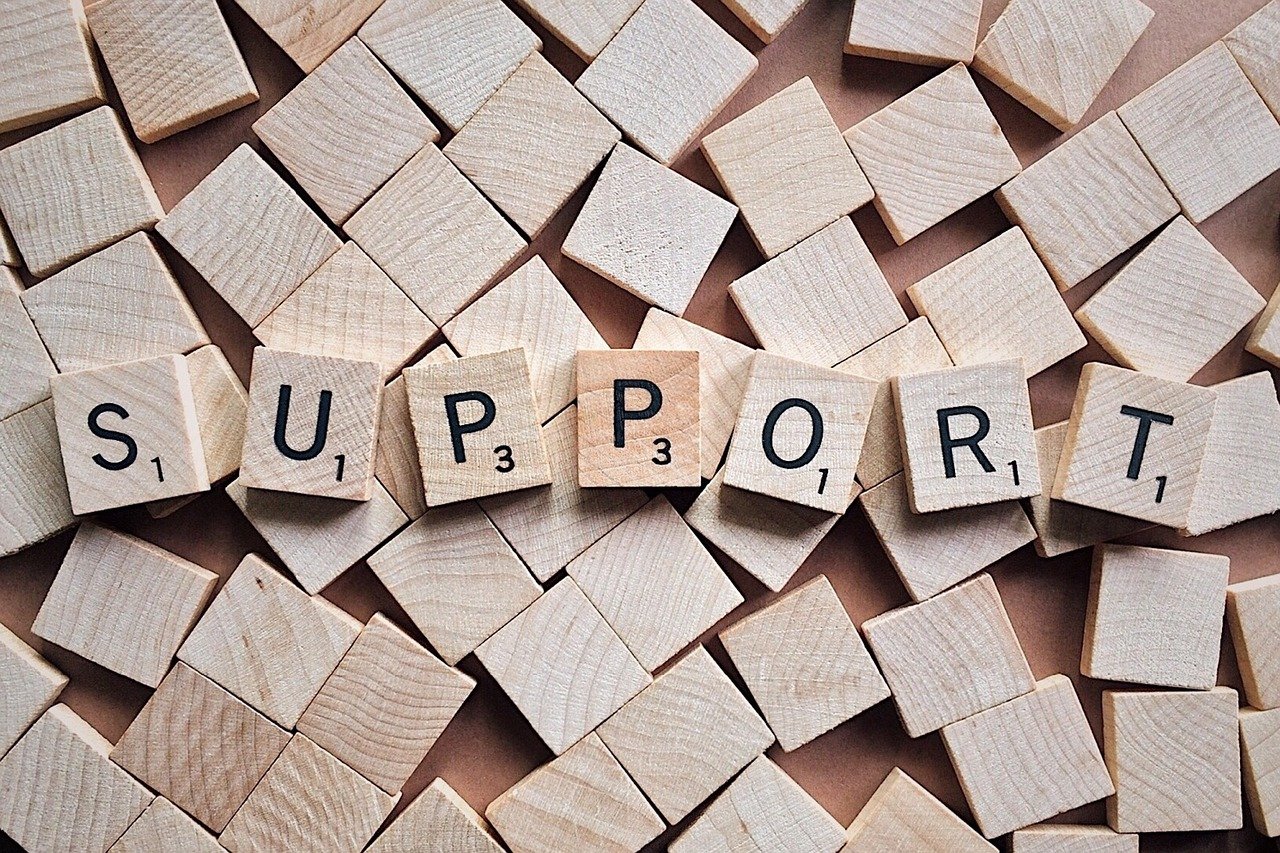I hadn’t heard of post-adoption depression until after our youngest child came home. We didn’t learn about it during any of the assessment process for our eldest. The assessment for our youngest was extremely stressful and didn’t look at anything other than getting the boxes ticked so that we could be approved to bring her home.
I knew about postnatal depression. At least I thought I knew about it. I’d always assumed it was caused by hormones after giving birth. Therefore, it wasn’t relevant to me because I hadn’t given birth.
I didn’t know the signs of post-adoption depression, so it wasn’t on my radar at all after our youngest came home. Looking back, I should’ve asked for help then, when I did some research and thought it might be what I was experiencing. I think post-adoption depression was the start of a gradual and then significant decline in my mental health which ultimately led to me burning out last summer.
Mental Health Awareness
It’s maternal mental health awareness week and there’s been a lot of discussion about post-adoption depression within the #ukadoptioncommunity on Instagram. It’s clear that there’s a lack of awareness about it and it’s something that isn’t always covered as part of adoption training. It needs to be.
I’m grateful to Molly for writing this article about PAD which explains what it is and where you can get help and support from. You can follow Molly on Instagram or YouTube

Going into the adoption process, post-adoption depression wasn’t something I had ever heard about. I had previous mental health struggles in my school years and after having my biological daughter. Our social worker was keen to explore post-adoption depression with us and prepare us for the signs to look out for and the available support.
What to look out for
I was surprised to find that the symptoms of post-adoption depression are incredibly similar to postnatal depression. The feelings of anxiety, panic, and guilt along with the physical symptoms of stomach aches, migraines, and lack of energy were all things I had experienced postnatally.
As a proactive advocate for parental mental health, I was shocked to learn the majority of adoptive parents had never heard of post-adoption depression. So many adopters came forward stating they felt ashamed to access support because they felt they didn’t qualify for it simply because they had adopted. I knew something needed to change and there needed to be more aware of post-adoption deposit-adoption sessions.
In my experience of both pregnancy and adoption, there are so many more contributing factors that would make post-adoption depression likely in new adopters. These can vary from the reality of placement not meeting expectations, the adoption process bringing up recurrent grief, or identifying with the loss your children may suffer.
Signs of post-adoption depression can be present throughout the process, soon after placement, or even later down the line dependent on the triggers. It’s more likely to impact adopters who have experienced mental health issues in the past. Because of my previous mental health issues, my husband and I did extensive research on the topic for our homework tasks throughout the adoption assessment process.
Post-adoption depression
We were stunned to learn just how many contributing factors can potentially trigger post-adoption depression. We found a great fact sheet from Adoption UK with useful information. Some of the many are:
- Experiencing the emotional rollercoasters of being matched with a child
- Therapeutic parenting challenges
- Normal parenting issues such as adjusting to new lifestyles, lack of energy and sleep, and the sudden increase in responsibility
- The intensity of the adoption assessment process
- Challenges of parenting a child who is traumatised
- Experiencing secondary trauma, blocked care, or compassion fatigue

Personal support plan
A really beneficial step that our social worker asked us to take, was creating a personal support plan each. Our personal support plans listed who will give us emotional support and practical support; who or what makes us smile; how we plan to reflect upon small successes; where and how we will access mental health support; who can recognise signs of post-adoption depression; and how we planned to continue a positive relationship with both of our children.
Having a personal support plan in place is something I recommend for all prospective adopters. My plan equipped me for the challenges of adoption and therapeutic parenting. My husband and I reference our plans often and thanks to our research into post-adoption depression, are quick to raise concerns with each other.
Fortunately, I haven’t experienced post-adoption depression, but have experienced struggles with some of the contributing factors. For months I’ve struggled to process the amount of loss that comes with adoption. I identify with the feelings of loss for my son’s birth family and find myself grieving for the losses he will one day endure when learning about his story and his identity. This quickly led to blocked care and compassion fatigue and I was constantly drained and lacked empathy in my parenting.
I went back to my support plan and chose to access post-adoption support. I self-referred to the NHS IAPT service to ensure I can process these challenges with professional support. As an adoptive parent, I am proud of myself for engaging with support. I know it’s the right step to take for me to be the best parent I can be to both of my children.

Support
It’s vital that as adopters we know we have a right to access mental health support for post-adoption depression and any mental health struggle associated with the contributing factors. It’s difficult to comprehend that parents through adoption are not able to be fast-tracked through mental health services simply because we lack the hormonal changes associated with pregnancy and birth. Whilst this needs to change, some of the support currently available can be accessed through the Adoption UK helpline, your child’s post-adoption support team, and some NHS services.



